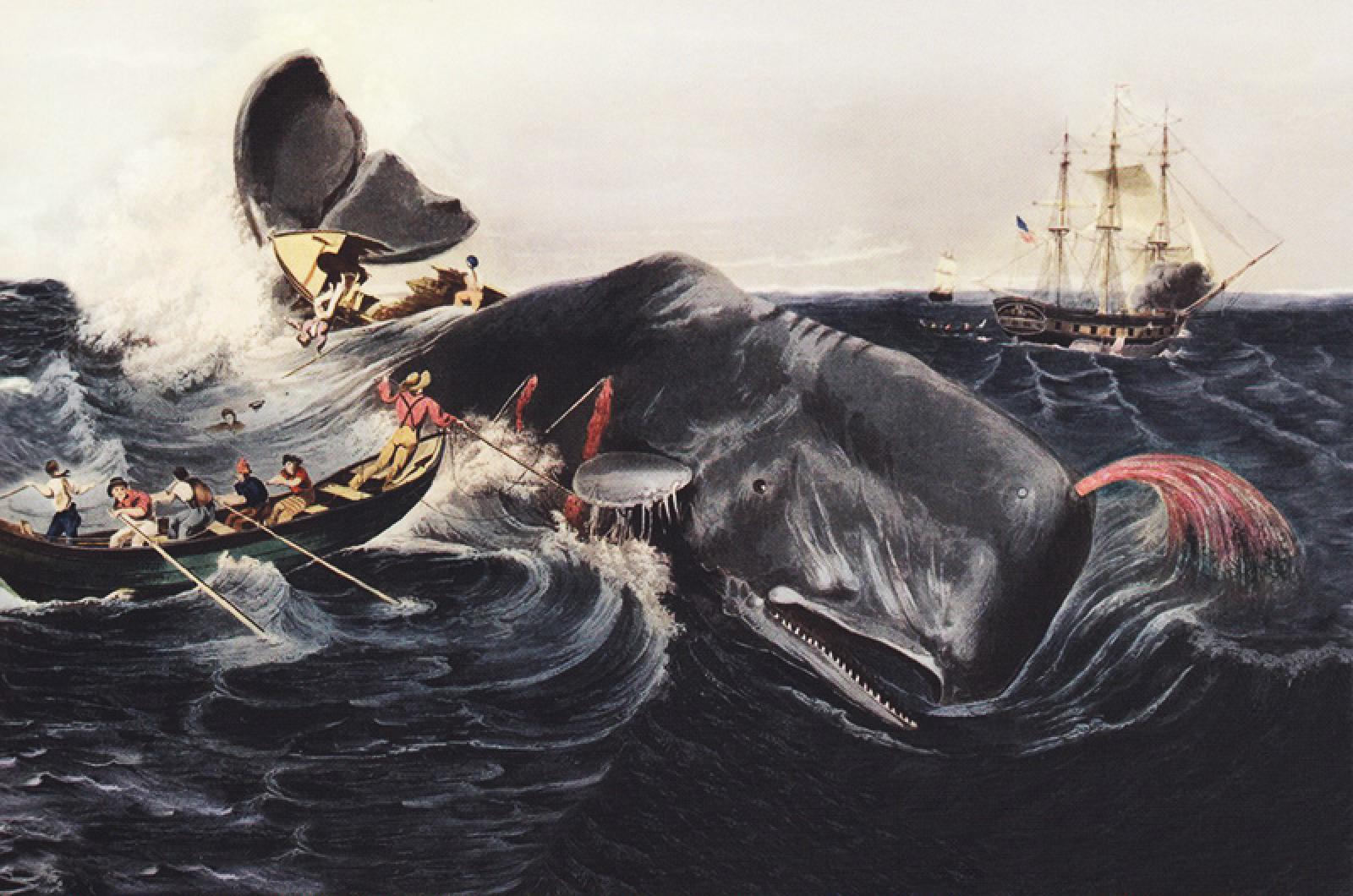The Making of Nantucket: Family Lives and Fortunes in the Nineteenth Century, Everett U. Crosby, Spinner Publications, 2018, 250 pages, $27.
Nantucket (that other island) is a spit of land 30 miles off the coast of Massachusetts. It’s 12 miles long and three miles wide, and although it’s lucky enough to be sitting on a large aquifer of fresh water, it has little in the way of forests or fertile soil. Despite its present-day incarnation as a scenic playground for the super-rich, it has historically been an unyielding place, far from other places and battered without shelter by the storms of the Atlantic.
Something of that changing incarnation is at the heart of Everett Crosby’s new book The Making of Nantucket, which in part seeks to understand how “a small town [was] resourceful enough to have fashioned a fortune from the sea and then, having lost it, to have been able to reinvent itself as a burgeoning prosperous summer resort.”
The book opens with a quick, engaging prologue telescoping the island’s earlier settlements, but the meat of the narrative arrives early on when Crosby gets to the year 1791, in which two momentous things happened: the first Nantucket whaling vessel rounded Cape Horn and entered the vast hunting grounds of the Pacific Ocean, and, closer to home, a man named Matthew Crosby was born on Nantucket.
Matthew Crosby (his branch of the family line broke off from the author’s many generations ago, readers are told) is here somewhat chillingly described as “a good representative of the Nantucket ruling class.” The Making of Nantucket is as much a biography of one tough, hardworking paterfamilias as it is a portrait of an island in the grip of enormous changes. Thanks to Everett Crosby’s diligent research, this book is likely to stand as the definitive account of both Matthew Crosby and the Nantucket of his time. “His history is the history of Nantucket as he knew it and lived it day by day for eighty-seven years during the first and greatest period of its growth and prosperity,” Everett Crosby writes.
Thanks to his spirited narrative, the book also makes for some entertaining reading.
Entertaining although not always pleasant, as anybody who’s ever visited Nantucket’s world-famous Whaling Museum can attest. Like virtually every other family on the island, Matthew Crosby’s estate was built originally on the commercial whaling that was the area’s main industry for well over a century before Moby Dick appeared in 1851 and introduced the larger world to the Nantucketers Melville describes as “these sea-hermits, issuing from their ant-hill in the sea, overrun and conquered the watery world like so many Alexanders.” Everett Crosby dramatically elicits those early whaling days and “the long and arduous labor involved in finding, killing, towing, and cutting up a whale to extract the oil.” The cover of the book shows a harpooned sperm whale spouting blood as it dies.
From those whales was extracted the oil that lit the lamps of Nantucket and the whole world, and that oil formed the foundation of many a mercantile empire, including initially setting the Crosby family on its feet. By tracing the flourishing of Matthew Crosby, Everett Crosby makes a narrative decision that turns out to be wise: readers get to see Nantucket’s rapid rise in commerce through the perspective of one shrewd and passionate operator.
Matthew Crosby quickly worked his way up to being a considerable investor in whaling vessels and other commercial concerns. His chronicler makes even the smallest details of this rise interesting, not least by maintaining a pleasantly tart sotto voce running commentary on contrasts between then and now. Thanks to the extensive written records Matthew Crosby left behind, and thanks to the elaborately wonderful illustrations throughout this book, Everett Crosby is able to craft a thoroughly engaging combined portrait of a man and his era.
All eras end, and so too eventually does this one. Matthew Crosby retires from seafaring and spends his middle years, from 1820 to 1850, overseeing his extensive business empire. At age 84 he describes himself with typical Yankee asperity: “And now, feeling and like an old ship somewhat shaken, hauled up in a pretty sound state, spars all good, but hardly worth repairing.” In May of 1878 he dies. In his obituaries he is celebrated as a link to Nantucket’s past.
That past is brought marvelously to life in The Making of Nantucket, and the task elicits some of Everett Crosby’s most passionate prose. The great movements of the past, he reminds his readers, were not impersonal: things were done by individual people like Matthew Crosby, at specific times, for specific reasons.
“If they can be brought out o the shadows and given a place in our memory,” he writes, “part of the debt of the living to the dead is paid.”





Comments
Comment policy »